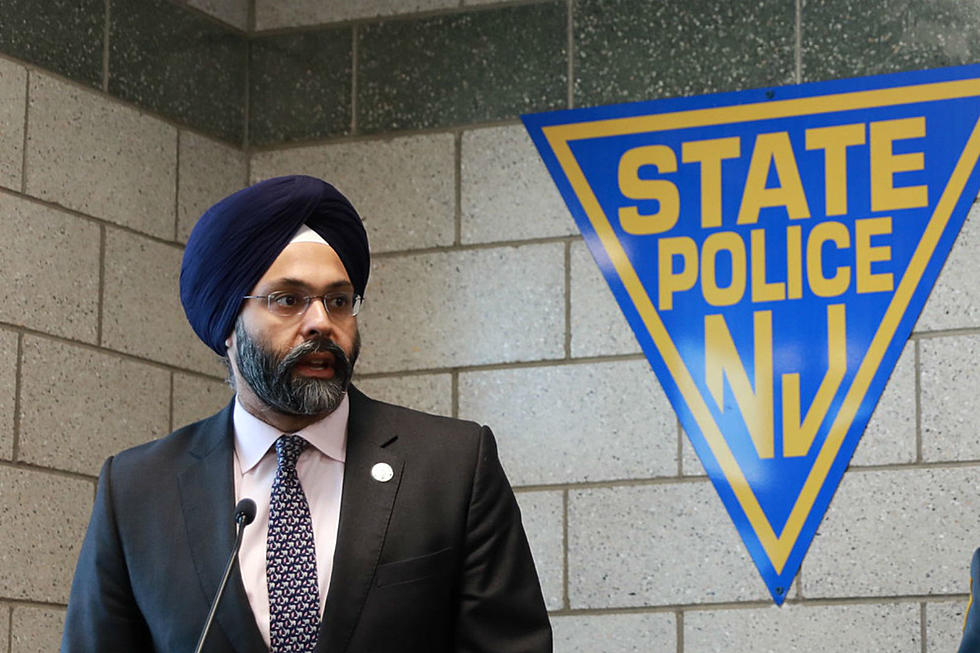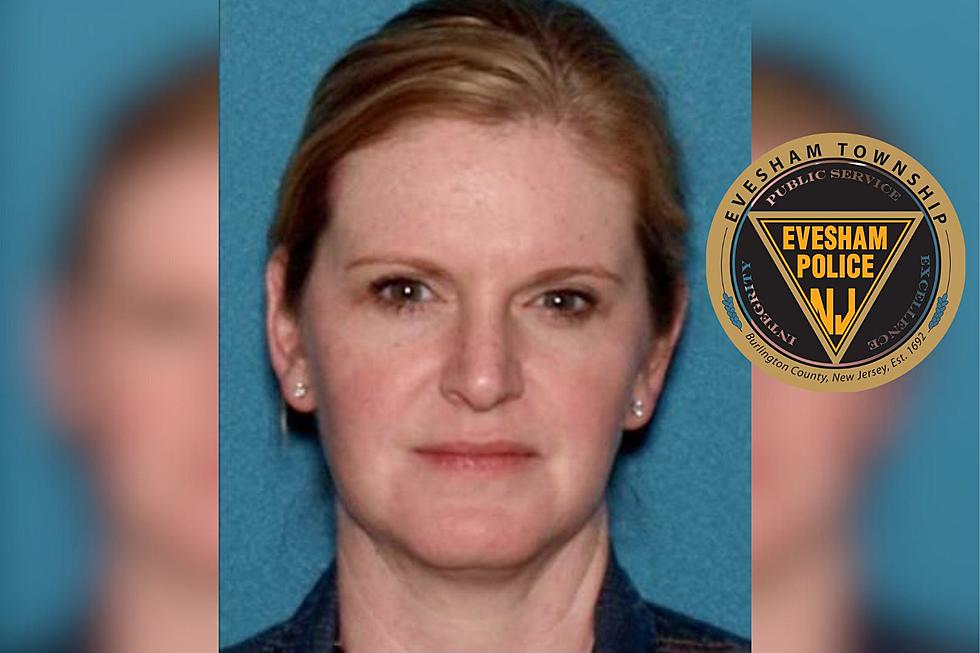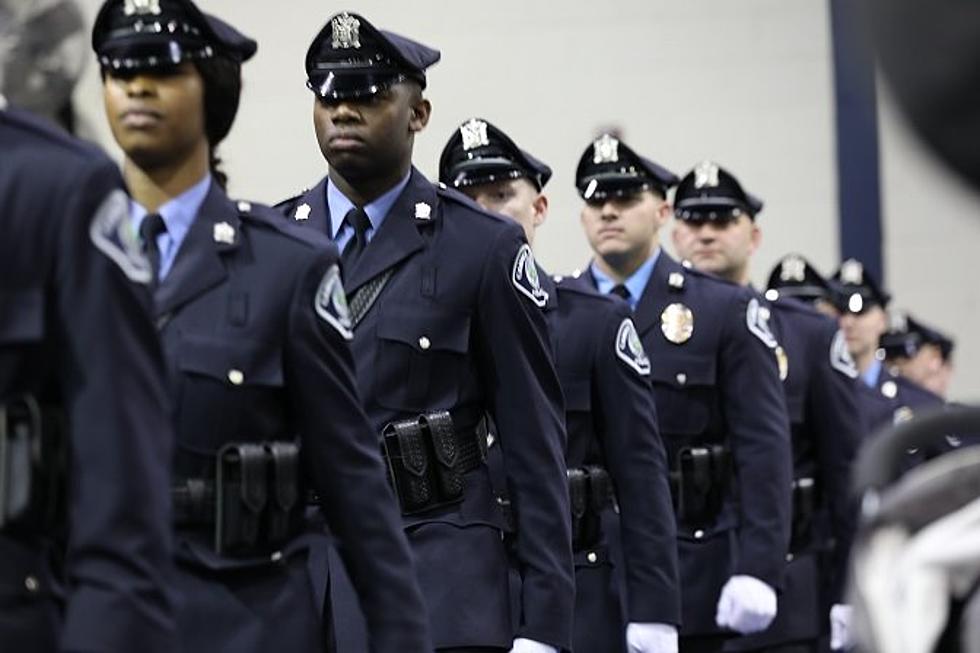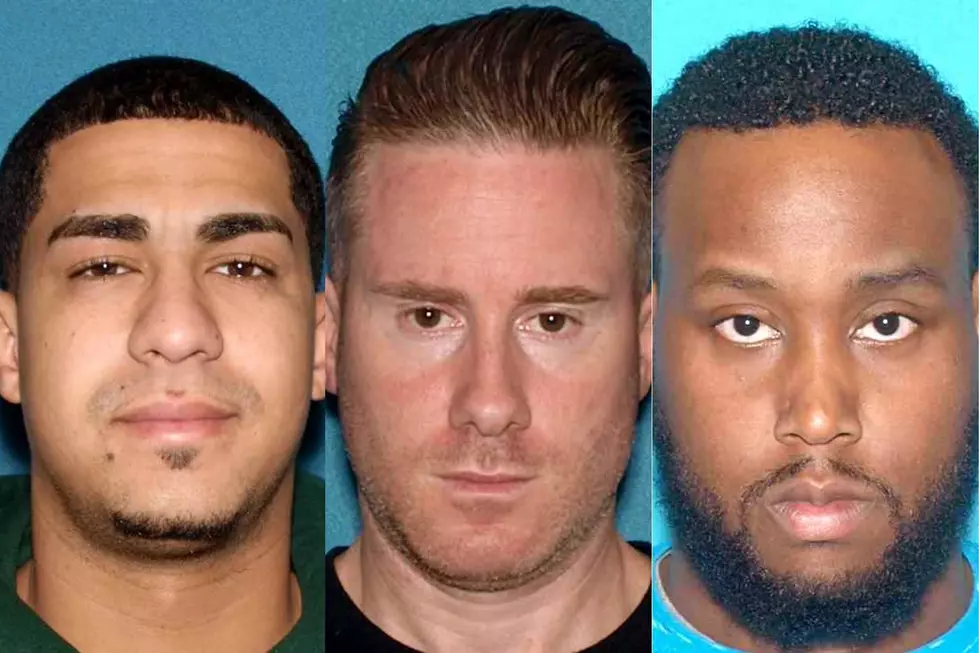
NJ Supreme Court: Details on disciplined cops can be released
TRENTON – A unanimous state Supreme Court upheld the authority of Attorney General Gurbir Grewal to require the release of information about police officers who commit disciplinary violations resulting in major discipline, though a judge will review how to handle cases for instances prior to June 2020.
Going forward, every police department in New Jersey will be required to annually publish the names of officers who were fired, demoted or suspended for more than five days, including a summary of the misconduct and the sanction imposed.
Grewal’s directives were issued nearly a year ago in the wake of aftermath of the murder of George Floyd by a police officer in Minnesota. They mark a sharp change in practice, as the state had formerly shielded the identities of disciplined officers, but the justices decided said they are legal.
“They are designed to enhance public trust and confidence in law enforcement, to deter misconduct, to improve transparency and accountability in the disciplinary process, and to identify repeat offenders who may try to move from one sensitive position to another,” says the decision, written by Chief Justice Stuart Rabner. “In short, the directives are consistent with legislative policies and rest on a reasonable basis.”
The practice of identifying people disciplined for misconduct is common in other professions, including doctors, lawyers, judges and more, the court noted.
“The Attorney General exercised authority the Legislature placed in his office to develop and revise disciplinary policies. He acted to enhance public trust and confidence in law enforcement, to deter misconduct, to improve transparency and accountability in the internal affairs process, and to prevent officers from evading the consequences of their misconduct,” says the decision. “The Attorney General’s reasoned bases for acting were fully consistent with the department’s mandate.”
Grewal said the decision “begins a new chapter for police transparency and accountability in New Jersey.”
“By lifting the cloak of secrecy over our state’s police disciplinary process, we are not simply ensuring accountability for those who engage in misconduct; we are also demonstrating that the vast majority of law enforcement officers work hard and play by the rules,” Grewal said.
Police unions challenged the directives on a number of grounds, in part because one applied to State Police troopers and other state law enforcement officers who were subjected to major discipline as long as 20 years ago. They said some officers agreed to settle disciplinary accusations based in part of the promise their names wouldn’t be released.
Since 2000, the New Jersey State Police has imposed major discipline in approximately 430 cases.
The Supreme Court decided a single Superior Court judge will be tasked with hearing testimony on the topic and issuing a ruling that would either apply to all the cases or set a framework for future individual challenges. That process will apply only to cases before June 2020, when Grewal issued the directive.
New Jersey State Policemen's Benevolent Association President Patrick Colligan said the directives overturned long-standing protections afforded to law enforcement.
“The state Supreme Court’s decision is both frustrating and disappointing,” Colligan said. “The NJSPBA does not and will not protect bad officers who violate the public trust and, yet, the 99.9% of good men and women serving in law enforcement continue to find themselves under attack.”
Colligan said some of the major discipline isn’t connected with a major incident but could represent progressive discipline for a minor, repeated infraction.
“We’re disappointed,” Colligan said. “This is akin to going back, getting a ticket from 10 years ago for doing 10 over the speed limit and now it’s 20 over the speed limit.”
Attorney and public-records advocate CJ Griffin said the ruling doesn’t provide the type of police accountability that would be achieved if the Legislature passed a bill requiring access to law enforcement disciplinary records as government records.
“Happy we won, but what (Grewal) ordered was a TINY sliver of transparency and we deserve REAL transparency,” Griffin said on Twitter. “Now the court has said that he has the authority – will he open up all (internal affairs) files for the future?”

Grewal said “the push for transparency does not end with today’s ruling” and that he is exploring additional steps regarding the disclosure of police disciplinary records on a prospective basis.
“I welcome the opportunity to work with a broad range of stakeholder to develop legislative solutions that promote accountability and transparency,” Grewal said. “More can and must be done as we work to make New Jersey a national leader in policing reform.”
Michael Symons is State House bureau chief for New Jersey 101.5. Contact him at michael.symons@townsquaremedia.com.
Why you shouldn't visit the Jersey Shore this summer
Best spots to pick your own NJ strawberries in 2021
More From SoJO 104.9 FM










